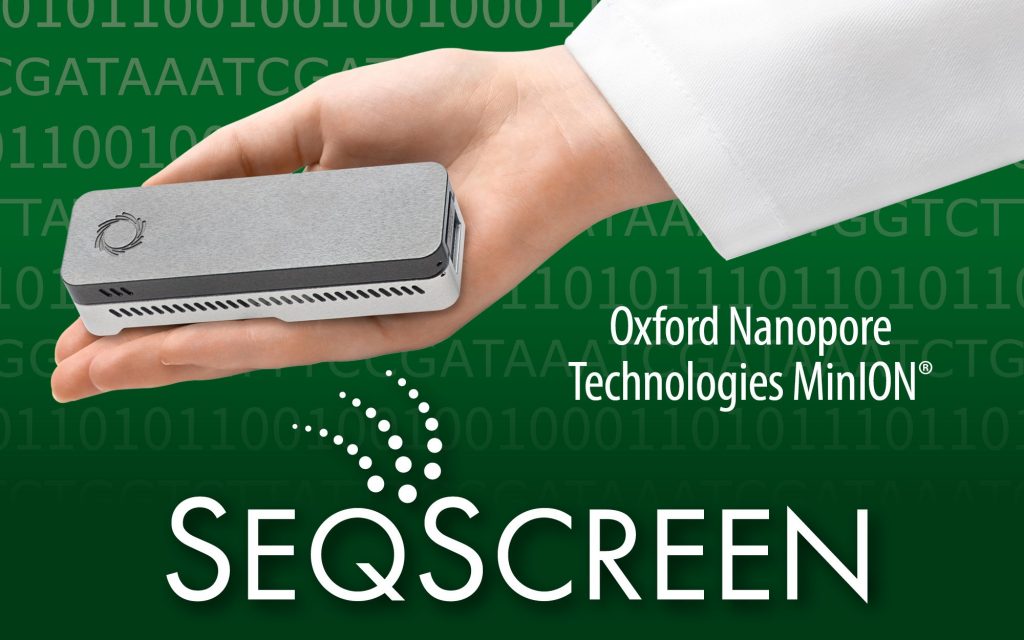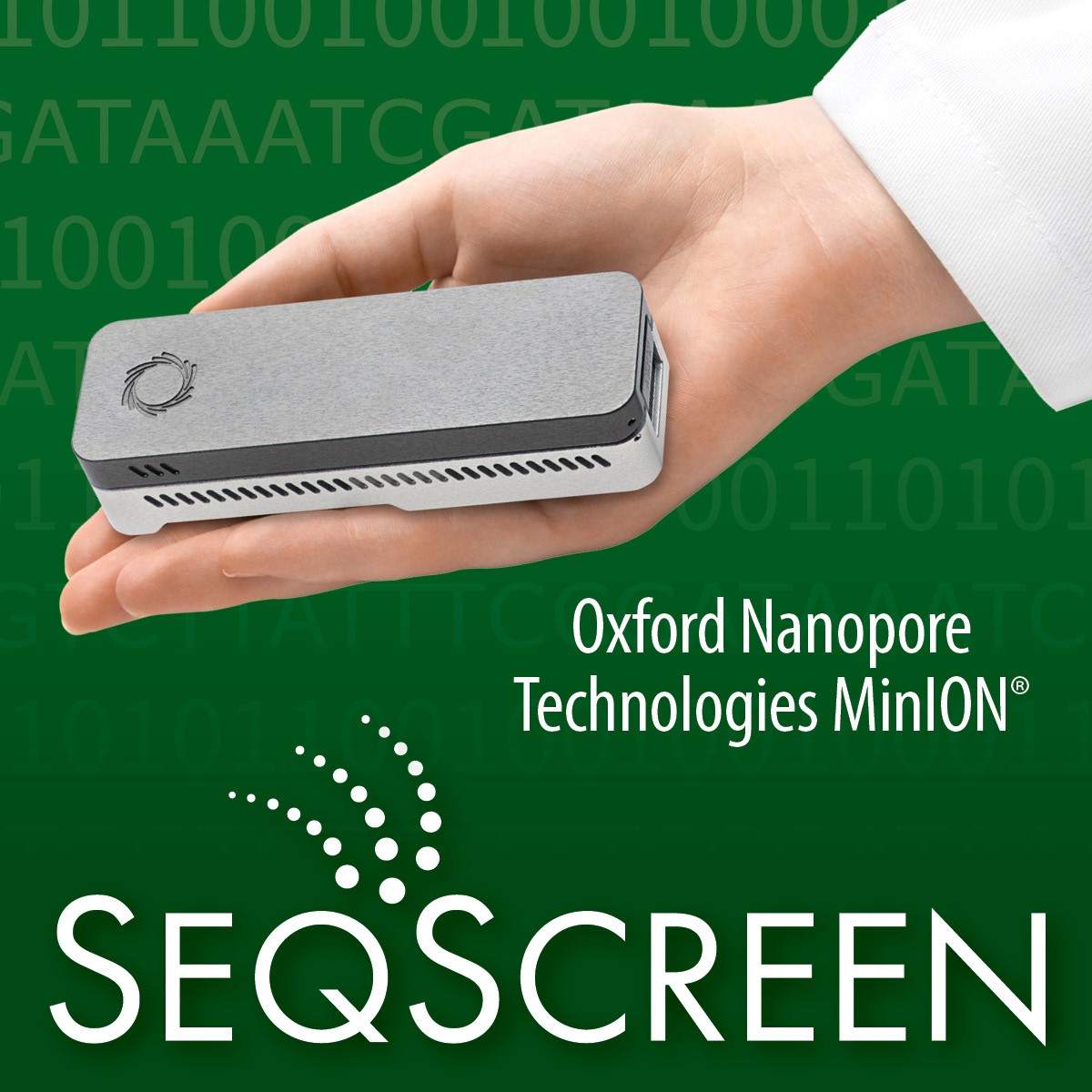
AUSTIN, TEXAS – February 15, 2022 – Signature Science, LLC received funding from the Intelligence Advanced Research Projects Activity (IARPA) under the Functional Genomic and Computational Assessment of Threats (Fun GCAT) program for the development of SeqScreen-Nano software. SeqScreen-Nano will determine the taxonomy and function of long reads generated from the Oxford Nanopore Technologies MinION sequencing platform, and the complementary bioinformatics tool S2Fast will characterize the relative threat level of the genetic material. The objective of this work is to provide end users of field-deployed MinION sequencers with a laptop-portable computational approach to characterize pathogens in metagenomes. SeqScreen-Nano funding is valued at approximately $650,000.
During the initial phases of the Fun GCAT program, Signature Science, Rice University, and their teaming partners developed SeqScreen and S2Fast software tools to analyze short nucleic acid sequences (50-1,000 bp). With the current round of funding, the team will develop SeqScreen-Nano to analyze long reads, sometimes over a million bases in length, which are produced by nanopore sequencing methods such as the MinION. The SeqScreen-Nano results will be paired with the existing S2Fast tool to enable biothreat detection directly from the nanopore sequences. The entire suite of software will be applied to metagenomes and optimized to run on a laptop.
The MinION is a fast, relatively inexpensive, and highly portable “pocket-sized” method for obtaining a genetic sequence read from a biological sample in real time. In remote areas with limited resources, this technology is especially beneficial, and its use has increased worldwide. The MinION has been used to sequence blood samples from Ebola and Zika virus outbreaks in remote regions of West Africa and Brazil, respectively, and has been used to sequence and identify variants of SARS-CoV-2, the virus causing the COVID-19 pandemic.
Signature Science has been a prime performer for Phases 1 through 3 of the Fun GCAT program. “We are grateful for IARPA’s sustained commitment to this research and for the organizational energy that continues to fuel our research team as we advance bioinformatics research software to operational applications,” said Dr. Krista Ternus, the Signature Science Principal Investigator. “The advancements we and our partners have made in the functional characterization of sequences are incredibly exciting, and we are proud to share the software developed with other members of our field.”
Work under the contract will be performed at Signature Science facilities in Austin, TX and Charlottesville, VA, as well as Rice University facilities in Houston, TX.
About Signature Science, LLC:
A subsidiary of the Southwest Research Institute, Signature Science, LLC is a scientific and technical consulting firm providing multi-disciplinary applied research, technology design and development, and scientific, technical, and operational services to government and industry.
This effort is supported by the U.S. Army Research Office. The content of this release does not necessarily reflect the position or the policy of the Government, and no official endorsement should be inferred.

